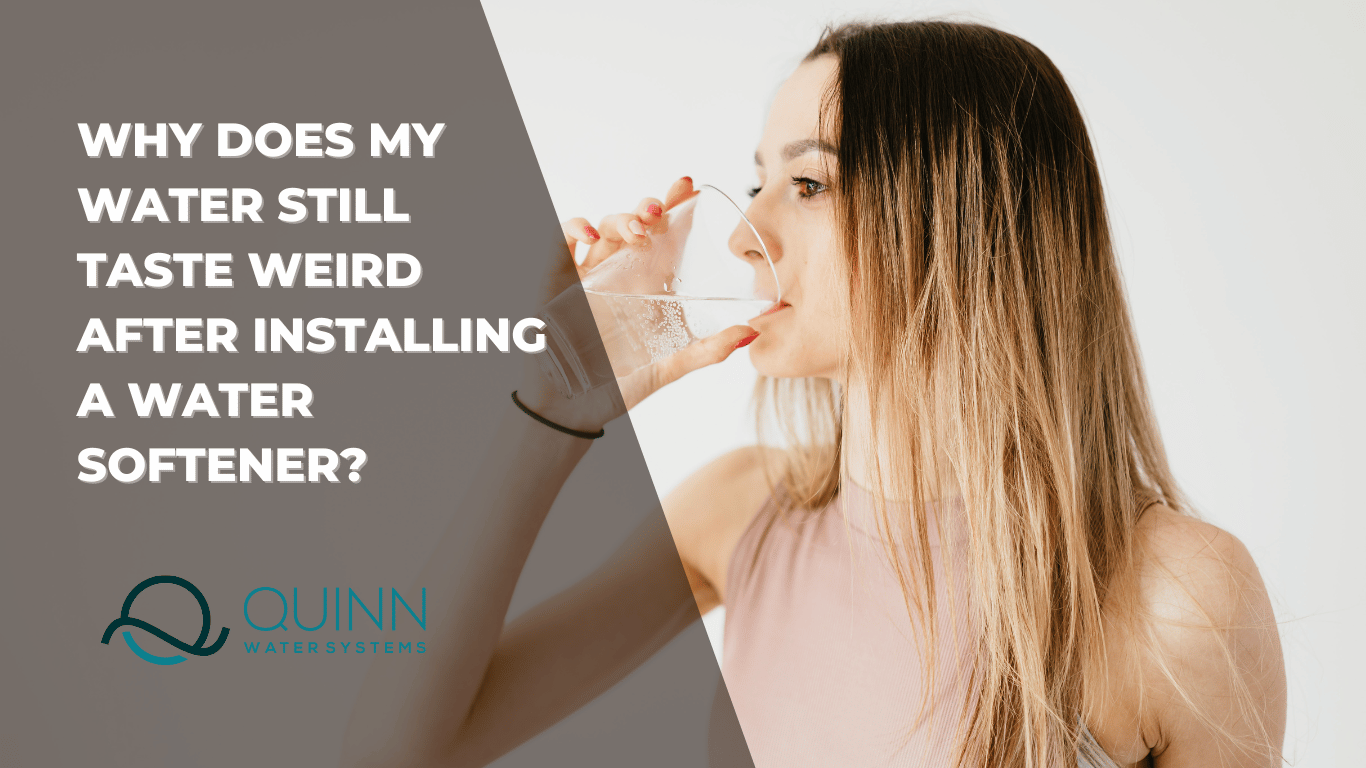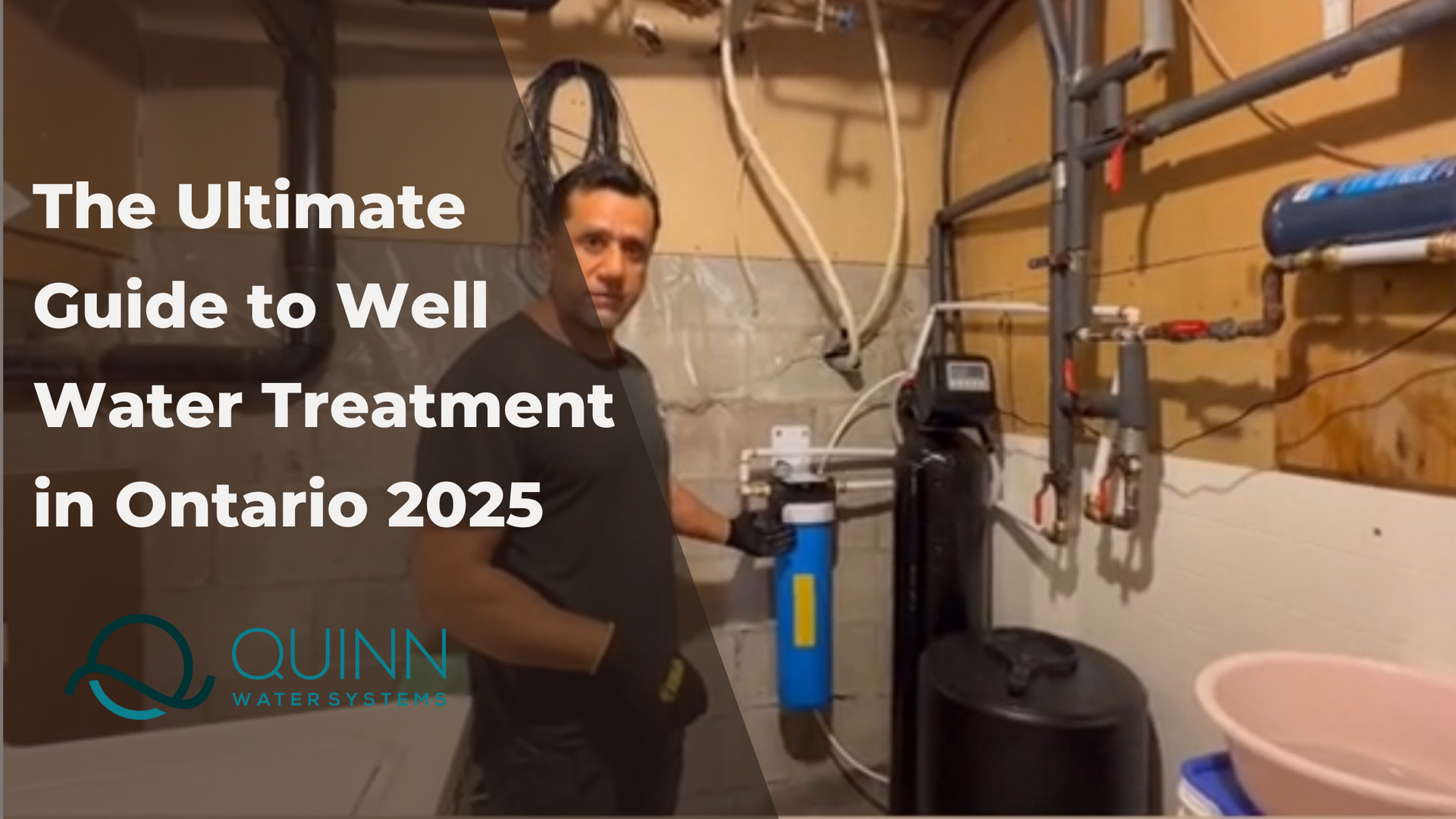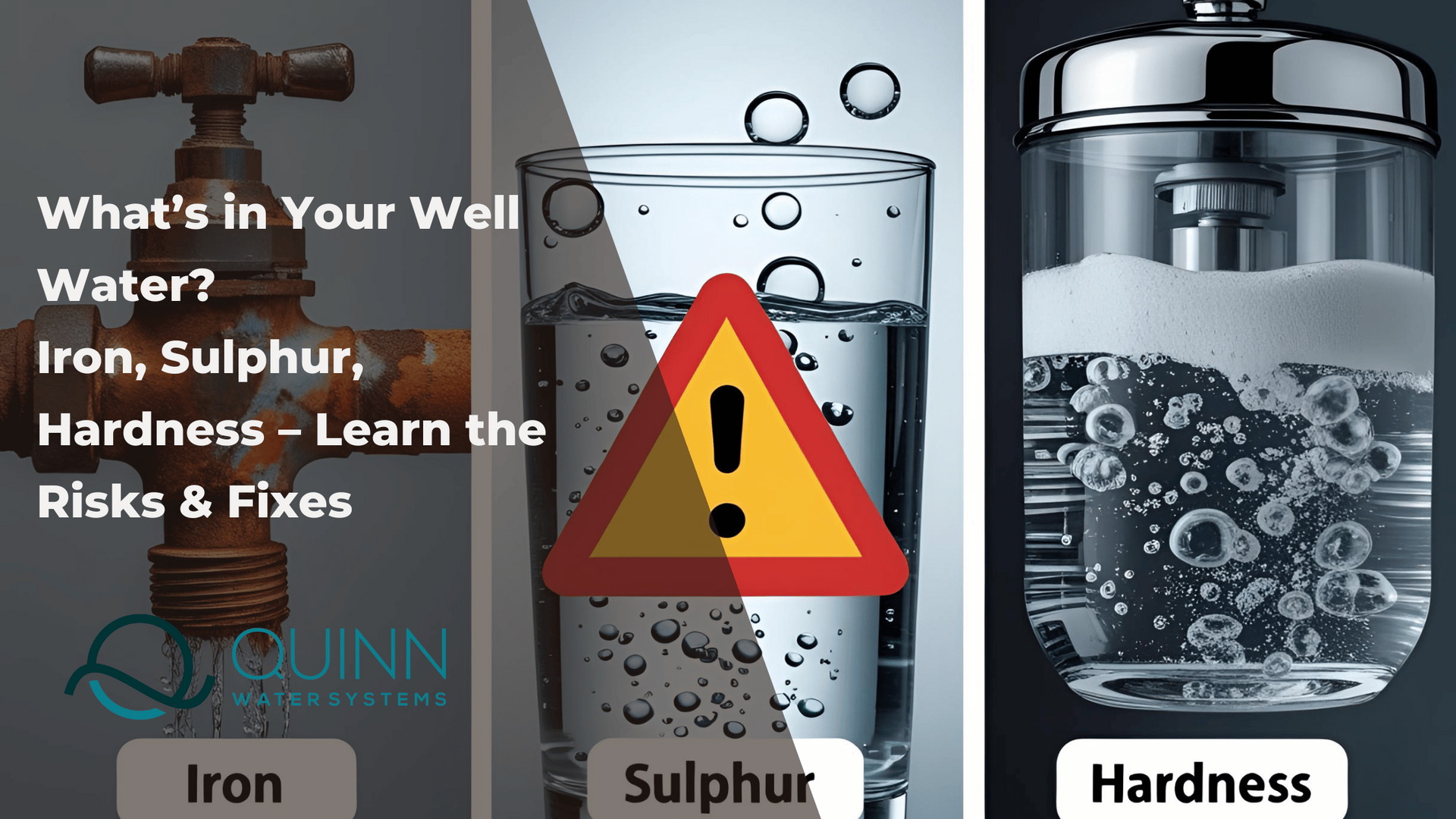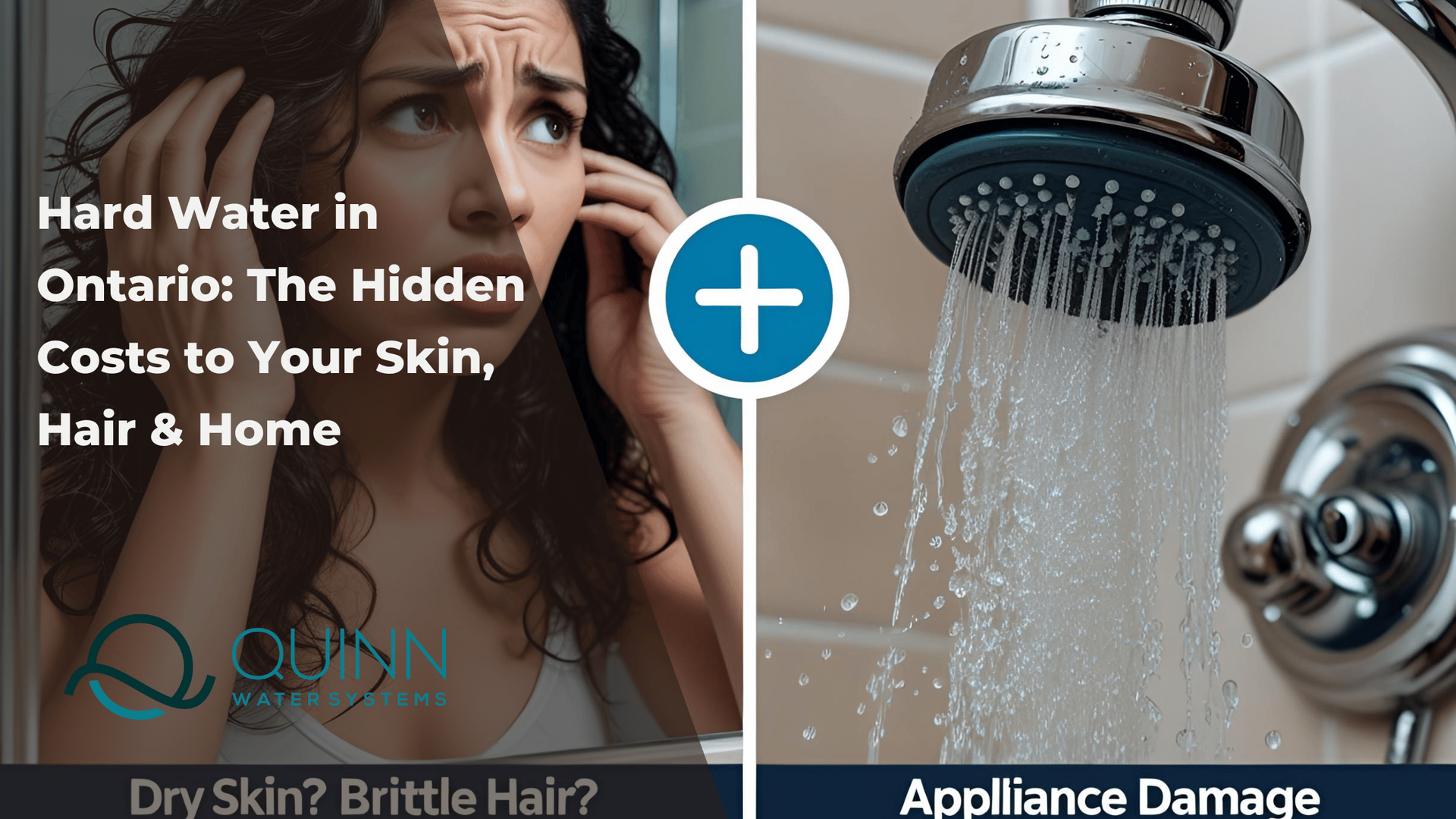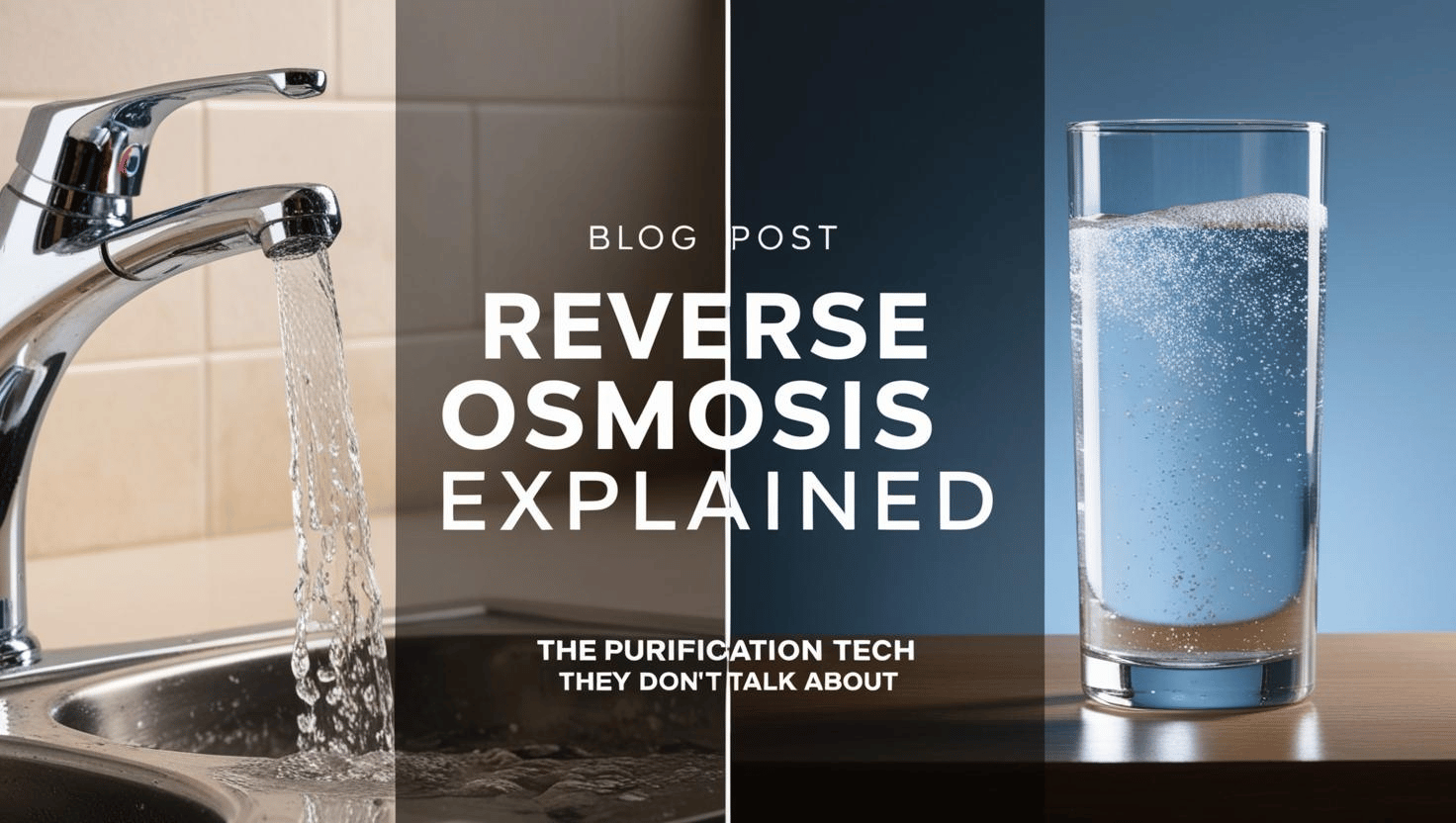Worried About Chlorine In Your Water?
You might not think twice about the water coming out of your kitchen faucet, but you might want to start. A recent study found that the level of chlorine in Toronto’s tap water is twice the national average, and it’s only getting higher. That might not sound like a big deal, but chlorine is a dangerous chemical that can have serious health consequences. Here’s what you need to know about the dangers of chlorine in your water and our chlorine water filter solutions.
The Role of Chlorine in Water Treatment:
Chlorine has long been used as a disinfectant in water treatment processes to combat harmful microorganisms and pathogens. Its effectiveness in killing bacteria, viruses, and other waterborne contaminants has significantly contributed to the reduction of waterborne diseases and improved public health worldwide. The addition of chlorine to water supplies is a standard practice that helps ensure the water we consume is safe.
Chlorine is a corrosive chemical that is used to kill bacteria in water. It’s been used for years as a way to make sure that tap water is safe to drink. However, recent studies have shown that the level of chlorine in Toronto’s tap water is twice the national average, and it’s only getting higher. That means that residents of the city are being exposed to dangerous levels of chlorine on a daily basis.
Read More: Is Toronto Tap Water Safe To Drink?
So, What are The Health Risks Associated with Exposure to Chlorine?
Studies have linked chlorination of drinking water to an increased risk of cancer, specifically bladder cancer and colon cancer. Chlorine has also been linked to an increased risk of heart disease and respiratory problems. In fact, one study found that people who drink chlorinated water have a 37% higher risk of developing bladder cancer than those who don’t drink it.
While chlorine plays a crucial role in disinfecting water, some individuals express concerns about its potential health effects. One common worry is the formation of disinfection byproducts (DBPs), such as trihalomethanes (THMs), which can occur when chlorine reacts with organic matter in water. Long-term exposure to high levels of DBPs has been associated with certain health risks, including an increased risk of cancer and reproductive issues.
It's important to note that the levels of chlorine and DBPs in municipal water supplies are
regulated by Health Canada . These regulations set maximum allowable limits to ensure water safety. However, individual sensitivities and preferences may still lead some people to seek alternative solutions for reducing chlorine exposure.
What’s even more alarming is that the level of chlorine in Toronto’s tap water is only going up. In 2003, the city increased the amount of chlorine added to its water supply in an effort to prevent outbreaks of cryptosporidium, a potentially deadly parasite. However, this increase has had unintended consequences. Not only are residents being exposed to dangerous levels of chlorine, but the parasite has actually become more resistant to it.
Solutions to Address Chlorine Concerns:
- Boiling and Aeration: Boiling water for a few minutes or allowing it to sit uncovered can help dissipate chlorine, as it is a volatile compound that evaporates relatively quickly. However, this method is less practical for household quantities of water.
- Bottled Water: Opting for bottled water is another alternative for those concerned about chlorine exposure. However, it's important to choose reputable brands that undergo stringent quality control measures but you can not use bottled water for bathing and cooking or it would cost so much money and garbage. Additionally, consider using refillable water bottles and utilizing water refill stations to reduce plastic waste.
- Reverse Osmosis for Drinking Water: To ensure high-quality drinking water with reduced chlorine content, reverse osmosis (RO) filtration systems are an excellent sustainable solution. RO systems utilize a semi-permeable membrane to remove chlorine, along with other contaminants, from the water. This method effectively eliminates impurities, providing you with clean and great-tasting drinking water. It's important to note that RO systems do generate wastewater, but some modern systems incorporate water-saving features to minimize waste.
- Activated Carbon Filters: One effective method to reduce chlorine levels in your tap water is by using activated carbon filters. These filters are designed to adsorb and remove chlorine, as well as other contaminants, providing you with improved taste and odour. For comprehensive chlorine removal throughout your household, a whole house filtration systems can be installed at the point of entry of your water supply. These systems typically employ a combination of filtration media and activated carbon to remove chlorine and other contaminants.
Conclusion:
While chlorine in water serves a critical role in disinfection, it is natural to have concerns about its potential health effects. Understanding the benefits and risks associated with chlorine can help you make informed decisions about your water consumption. By utilizing various filtration methods or exploring alternative water sources, you can address your concerns and ensure access to safe and great-tasting water for you and your family. Remember, water quality varies by location, so it's always beneficial to stay informed about your local water supply and take appropriate measures if necessary.
The post Worried About chlorine In Your Water? appeared first on Quinn Water Systems.
Contact Us
Share this blog
Blog Posts


